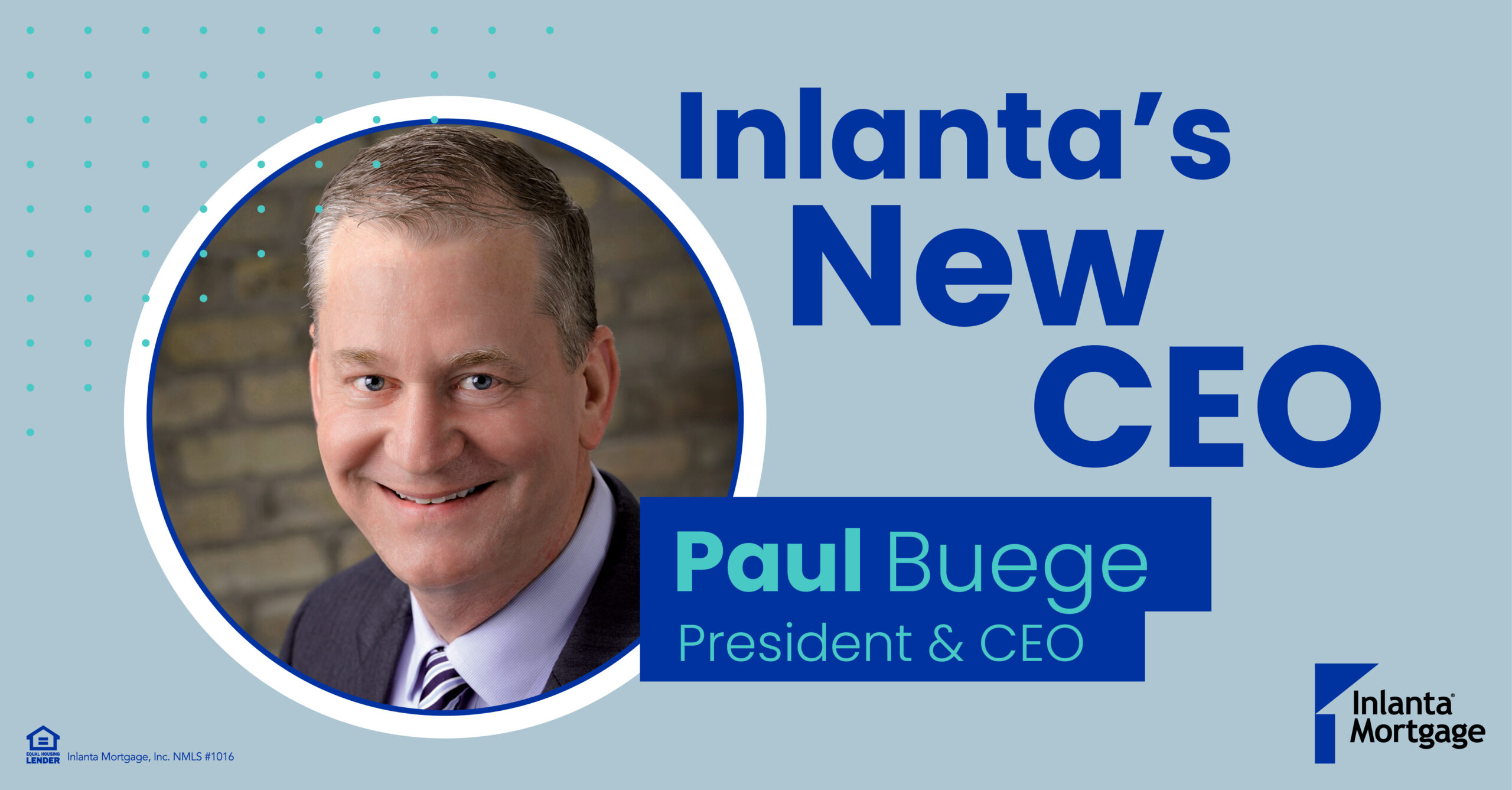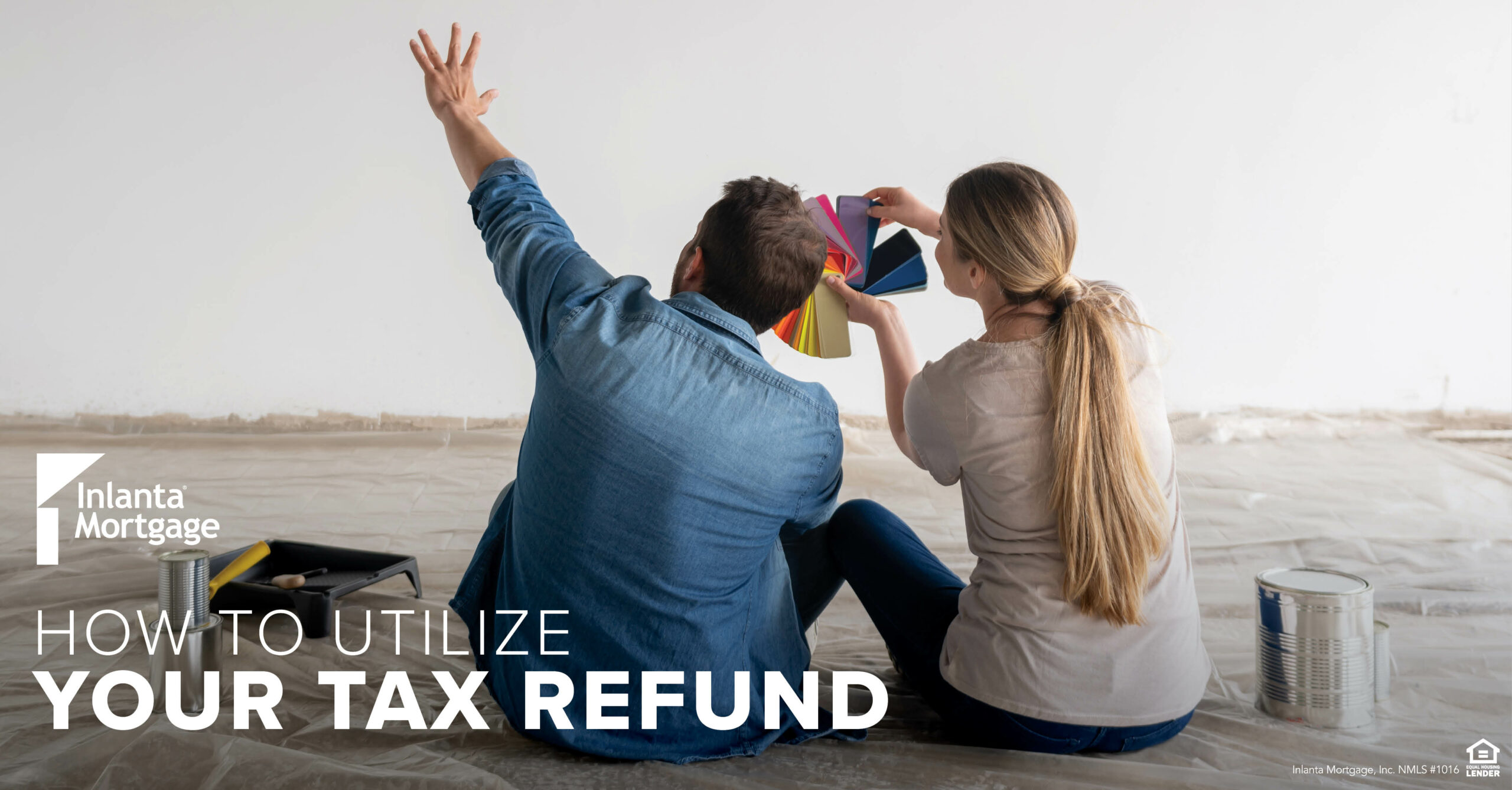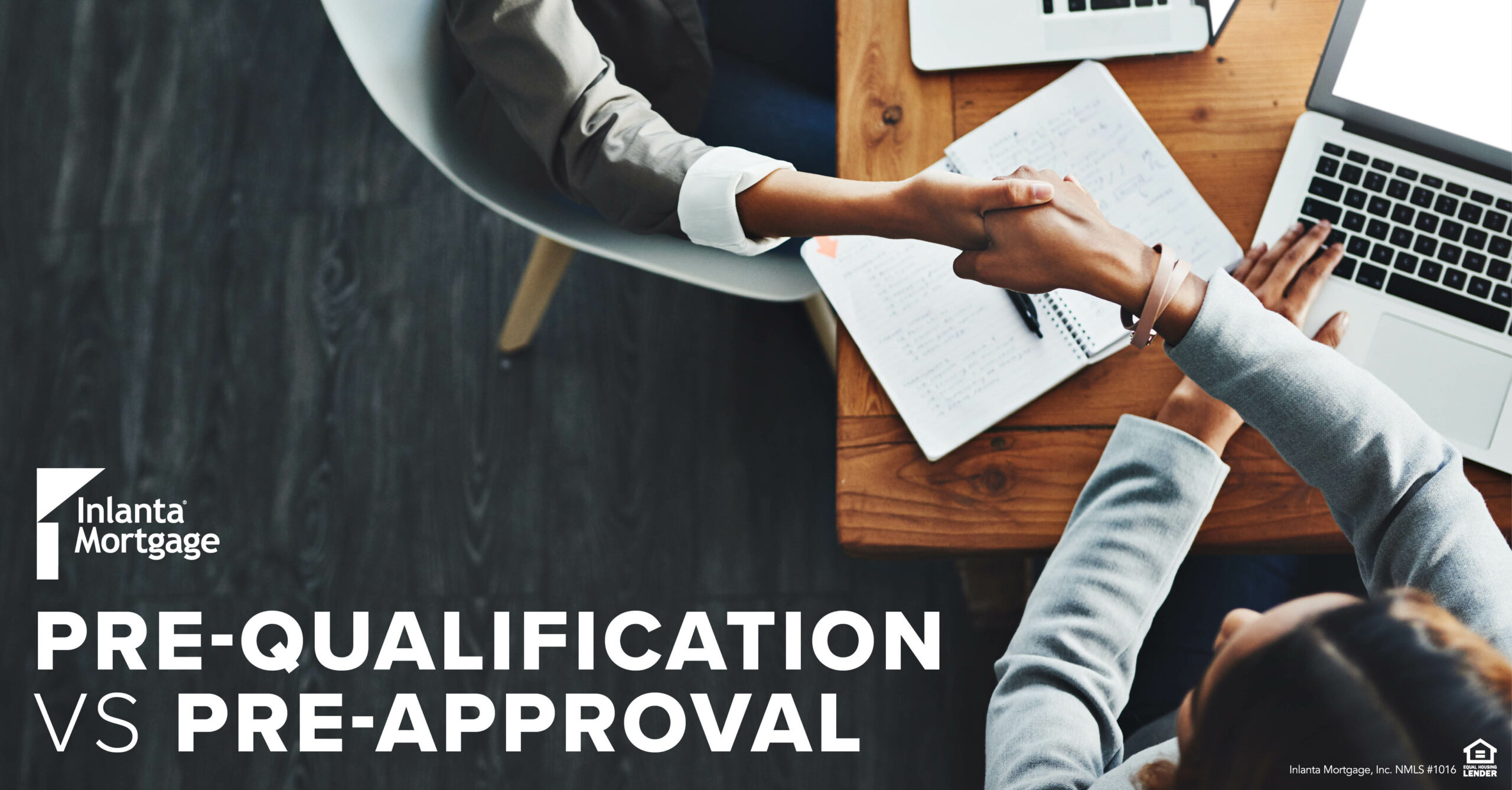
Football season, fall and “back to school” days are here!
With this being a busy time of year for many, you may be wondering how you’re going to “do it all”. Especially when it comes to paying down debt and saving for a home and other financial goals simultaneously.
When it comes to home buying, people often wonder if they should pay down their debt first or save up for a down payment. The following information should give you a better idea of how to answer the complicated question of tackling debt and the mortgage process.
Average Down Payment
First, it is wise to understand how much money is needed for a down payment. Most mortgages will ask the borrower to pay between 3.25% and 10% up front as a down payment. For a home priced at $250,000 this would translate to a down payment between $8,125 and $25,000. The differences in the down payment requirement will depend on the type of mortgage loan as well as the borrower’s credit history.
For most people, it will take at least a year, if not more, to save up for this much of a down payment. But that is not the full answer. With options available like low or no down payment programs, gift funds, and more, you may need less than you think to purchase your dream home. Contact your local Inlanta loan expert today to find out how close you are to obtaining homeownership.
Paying Down Debt Will Improve Ability to Borrow
When people apply for a mortgage loan, the lender will examine the borrower’s credit history as well as their debt ratios. The debt ratio compares the borrower’s current income and current obligations, such as credit cards, car payments, student loan fees, and any other debt. The lender will also compare the borrower’s income to their current debt as well as adding in the amount for the proposed home payment. If the ratio is too high, the lender will likely decline the borrower for the mortgage.
Therefore, many lenders recommend paying down some of the debt for borrowers that are contemplating a home purchase. The less debt they have, the easier it will be to get approved for a home loan.
In fact, the best advice regarding debt reduction is to focus first on credit card debt. By making the payments on time and getting the balances as low as possible, the borrower should see a noticeable improvement in their credit score.
Save While Paying Down Debt
Many mortgage experts recommend that potential homebuyers use a double strategy; pay down debt while saving for a down payment. Instead of using all of their extra income to do one or the other, it would be easier and psychologically beneficial to chip away at the debt while also building up a down payment.
For example, if a young married couple had a total of $11,000 in credit card debt and no savings, along with an extra $400 per month coming from an extra job, it would be real enticing to spend all the $400 towards the credit card bills. That would take approximately 27 months to pay off the balance. However, at the end of those 2+ years, the young couple would have nothing saved for a down payment.
Conversely, if that $400 was split between the credit card balances and savings, the couple would have $5,400 plus interest in savings at the end of 27 months as well as having almost half of the credit card paid off.
There is no perfect answer to the question about paying off debt or saving for a down payment, but attacking both at the same time will likely help people reach their goal of home buying much faster.



